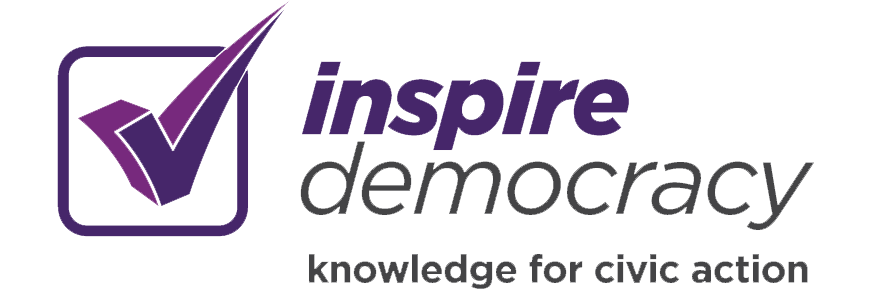

Refers to something anyone can do or use, even if it might be harder for some because of a disability, poor health, poverty, low literacy skills or other barriers.
Polling stations that are open on advance voting days (Friday, Saturday, Sunday and Monday the week before election day). Voting at an advance poll is one way that electors can vote before election day.
Things that make it difficult for someone to vote.
An election that takes place in only one riding. By-elections happen when the member of Parliament for a riding leaves the job between federal general elections.
A person who runs for an elected position.
The period of time beginning with the issue of the writ(s) (the call of an election) and ending on election day. A federal election period lasts between 37 and 51 days.
Someone who works for Elections Canada during a federal election, either at a local office, a polling place or a Vote on Campus office.
Someone who can vote in an election.
An event where Canadian electors vote. It can be a federal general election, a by-election or a referendum.
The institution made up of members of Parliament from every riding in the country
Not biased—that is, treating or affecting all equally.
A list of all Canadian electors with their name, address and date of birth. The list is updated at the start of an election period.
The Elections Canada office for a riding. Every riding has at least one. Local Elections Canada offices open when a federal election is called and close after election day. The returning officer for the riding, along with their staff, work at the local office. Electors can go there to get information, register to vote and vote by special ballot.
The elected candidate for a federal riding.
Any activity that is connected to or supports political parties. Partisan activities include sharing the slogans and images of political parties or otherwise promoting a political party, such as by displaying or wearing its colours.
A group that supports particular candidates in an election. Members of a party share similar values, priorities and a vision for Canada.
An election worker who works at a polling place.
A public building where people go to vote in a federal election. It's often a school or a community centre.
Also called an "electoral district" or a "constituency." A geographic area of the country that can be a community, region or town. A member of Parliament represents it in the House of Commons.
A document signed by an election worker in which they solemnly affirm or swear that certain facts are true and that they will respect their work-related obligations when hired by a returning officer.
A voting method for electors who cannot or do not wish to vote at their assigned polling station on advance polling days or election day. Electors who vote at a local Elections Canada office, at a Vote on Campus office or by mail vote by special ballot.